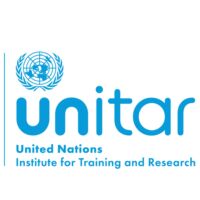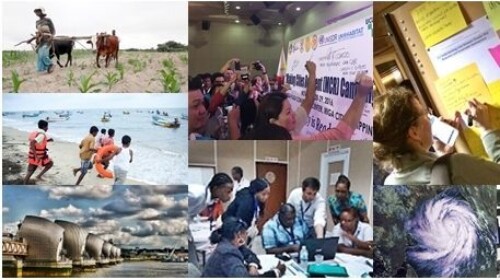The International Law of Treaties is a set of international principles and rules regulating the conclusion procedure of treaties, as well as the issues of operation, amendments and modifications, termination, suspension and invalidity of treaties. This course is designed to cover both the theoretical and the practical aspects of this subject, starting with the basic notions, sources, subjects, principles, and scope of application of conventions forming the base of the Law of Treaties.
This extended edition of UNITAR's traditional online course offers participants the chance to ask questions to a high level expert during a Q&A webinar. Participants who successfully meet the minimum passing requirements at the end of the course will receive a UNITAR Certificate of Completion.The course consists of four modules:
- Module 1: "The Basic Notions, Sources, and Principles of the Law of Treaties"
- Module 2: "The Conclusion of Treaties"
- Module 3: "The Operation, Modification, and Termination of Treaties"
- Module 4: "The Invalidity, Interpretation and Consequences of Termination and Suspension of Treaties".
Target Audience
Government officials, international civil servants, lawyers, judges, NGO representatives, academics, law students, private sector professionals in the field of international law and international organizations.
Learning Objectives
At the end of the course, you will be able to:
- Demonstrate profound understanding of the key issues of the International Law of Treaties, including knowledge of the important provisions of the universal conventions that form the base of the International Law of Treaties
- Identify and apply the rules and procedures of the International Law of Treaties to practical cases, find the relevant sources of law and build legal arguments
- Analyze and interpret international judicial decisions and opinions concerning the International Law of Treaties
- Apply theoretical knowledge and practical skills to their professional activities in fields related to the Law of treaties. For example, preparing a draft of a treaty, or participating in the negotiations and international conferences on the elaboration and adoption of an international treaty.








